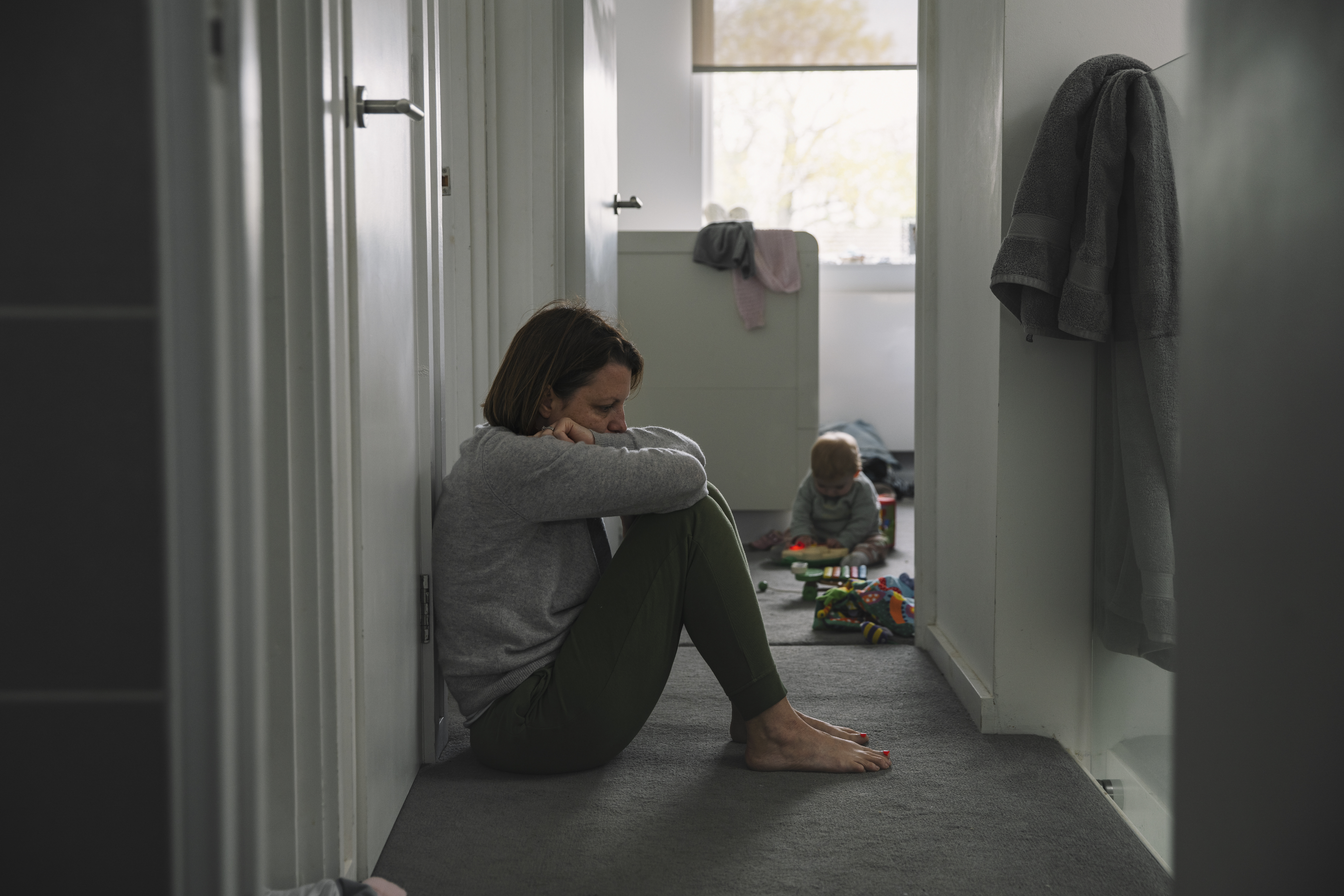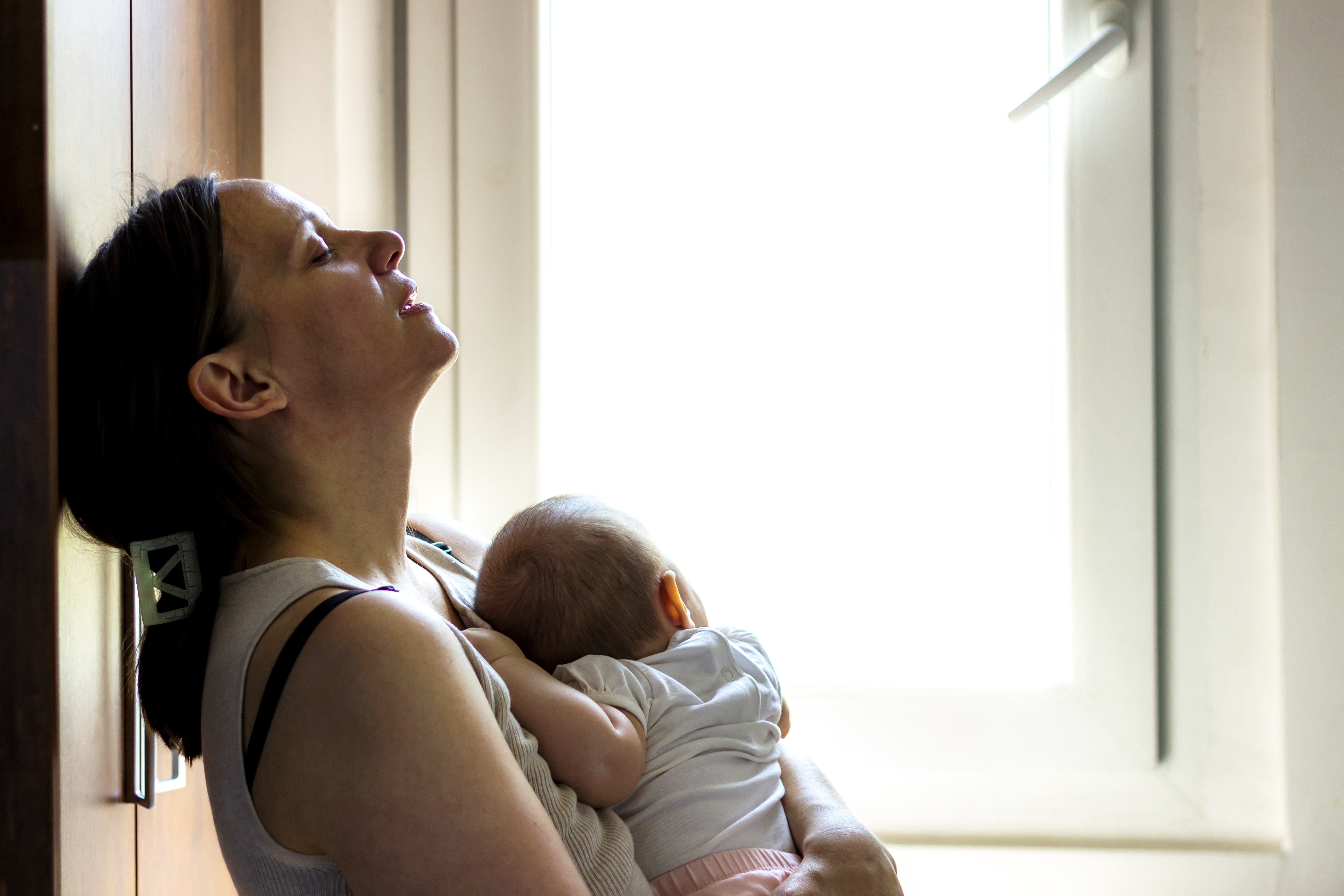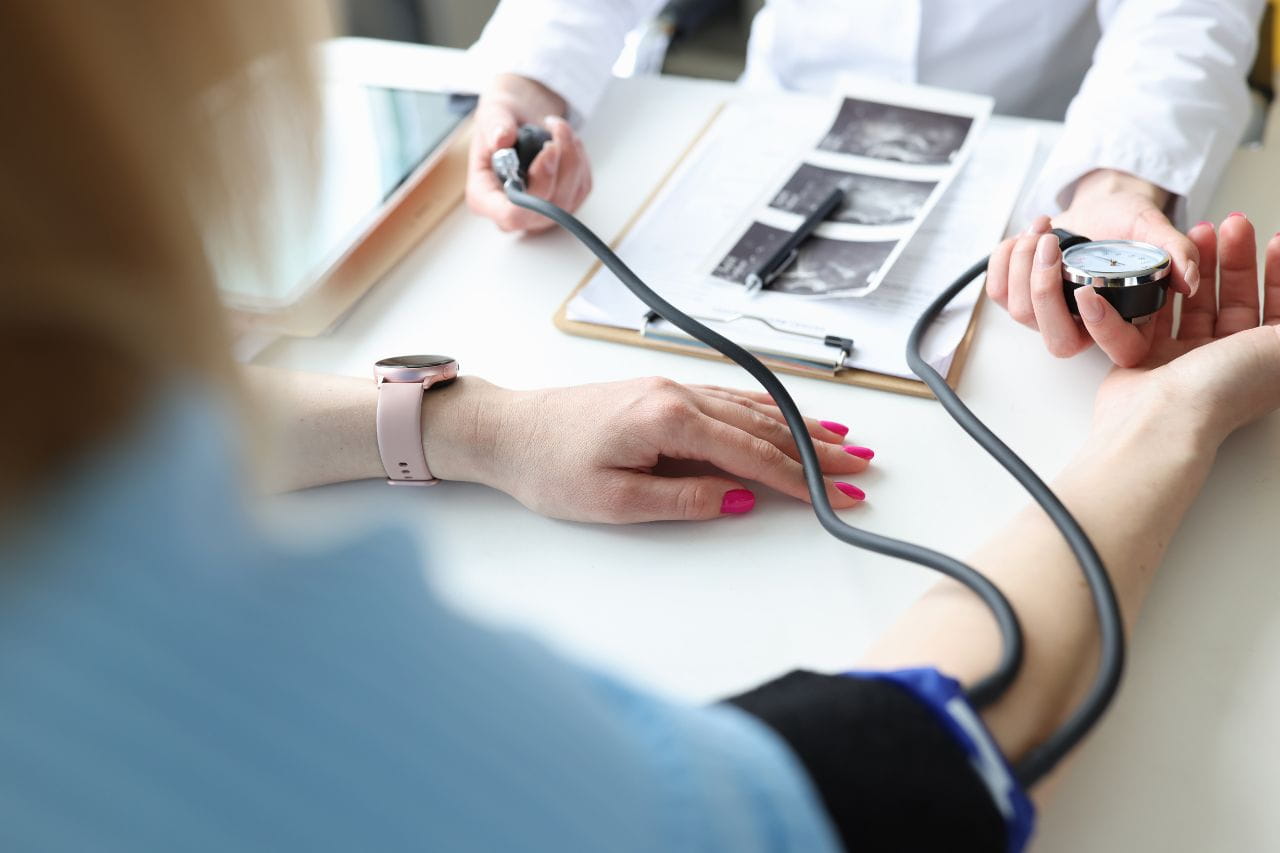What Is Postpartum Psychosis?

Clinically reviewed by Imran Iqbal, MD and Amanda Wilkins, MSN, RNC, IBCLC:
Being pregnant and giving birth are wonderful experiences. But in some instances, they can trigger health concerns after delivery. Postpartum psychosis is one example.
It’s a serious mental health disorder that occurs in 1 or 2 of every 1,000 births and adversely affects a person’s sense of reality. In severe cases, it can cause people to harm themselves or their babies. Consequently, it should be considered a mental health emergency.
Postpartum Psychosis vs. Postpartum Depression
It’s common for someone to feel tired, overwhelmed, and sad after giving birth. In mild cases, this is often called the “baby blues.” In more significant cases, a person may experience postpartum depression or anxiety.
However, none of those conditions are the same as postpartum psychosis. It’s a severe disorder that requires immediate medical attention in all cases. People with postpartum psychosis have a 5% suicide rate and a 4% infanticide rate.
Postpartum Psychosis Symptoms
People suffering from postpartum psychosis can experience a wide variety of symptoms, including:
- Hallucinations (seeing or hearing things that others don’t)
- Delusions (irrational beliefs)
- Paranoia
- Excessive irritation or agitation
- Being disruptive or aggressive
- Disorientation
- Mood swings
- Inappropriate behaviors or comments
- Severe depression
- Hyperactivity
- Depersonalization (often described as having an out-of-body experience)
- Trouble sleeping or not needing sleep
- Difficulty communicating
- Thoughts of harming self or others
If you or someone you know experiences any of these symptoms, you should seek emergency medical attention.
Postpartum Psychosis Risk Factors
It’s not clear what causes postpartum psychosis. However, experts believe it’s likely that multiple factors play a role, including:
- Giving birth to your first child. First-time mothers are more likely to experience postpartum psychosis.
- Experiencing the condition previously. Those who have experienced postpartum psychosis have a 30% to 50% chance of developing it with subsequent births.
- Having a personal history of mental health conditions. Approximately 33% of people who experience postpartum psychosis have previously diagnosed mental health conditions, including bipolar disorder, schizophrenia spectrum disorders, and major depressive disorder.
- Experiencing sleep deprivation. Not getting enough sleep may contribute to postpartum psychosis.
- Having a family history of mental health conditions. People whose family members have had postpartum psychosis or other mental health problems are more likely to develop the condition, leading researchers to believe there is a genetic component.
- Experiencing hormone fluctuations. Being pregnant and giving birth cause significant changes in hormone levels. Experts believe hormone fluctuations, particularly in estrogen and prolactin levels, may increase the risk of postpartum psychosis.
- Having other physical stressors. Many issues that stress the body can increase the risk of postpartum psychosis. This includes electrolyte imbalances, vitamin deficiencies, thyroid disorders, autoimmune conditions, and inflammatory diseases. Preeclampsia and eclampsia may also increase the risk.
How Is Postpartum Psychosis Diagnosed?
Doctors use observations, symptom descriptions, and physical and neurological exams to diagnose postpartum psychosis. Physical tests include assessing urine, blood, and other fluids for signs of health issues.
Imaging, especially of the brain, is not necessary to diagnose this condition.
How Is Postpartum Psychosis Treated?
Postpartum psychosis treatment can effectively address the symptoms. Doctors may prescribe medications, including:
- Antipsychotics
- Mood stabilizers
- Lithium
- Anti-seizure medications
Patients may also receive electroconvulsive therapy (ECT). It’s a safe and effective treatment in which the patient is put under general anesthesia, and a small electrical current is sent through the brain to trigger a mild seizure. That event can change electrical activity in the brain and reduce or eliminate postpartum psychosis.
Because people experiencing postpartum psychosis may have trouble staying connected to reality and understanding and interacting with others, they may have to be involuntarily hospitalized. That means spending time in an inpatient setting until treatment can be provided and the symptoms are resolved.
Talk with Your Doctor About Postpartum Psychosis
If you’re pregnant and have any risk factors for postpartum psychosis, it’s critical to talk with your doctor about your mental health history and concerns. Our mother and baby care experts can help you and your family understand how to proceed should you develop symptoms.
If you're feeling like you could be a danger to yourself or others, contact one of the crisis hotlines:
- National Crisis Text Line: Text HOME to 741741
- National Suicide Prevention Hotline: 988
If you’re the friend or loved one of someone who starts exhibiting symptoms of postpartum psychosis, you should:
- Stay calm and don’t judge or argue with the person.
- Ensure someone is always with them until you can get help.
- Take the person to an emergency room if they’ll allow you to, or call 911 to get assistance at your location.
Remember that the condition is treatable. While the person’s actions may be concerning or even alarming, treatment can reduce or eliminate the symptoms.



